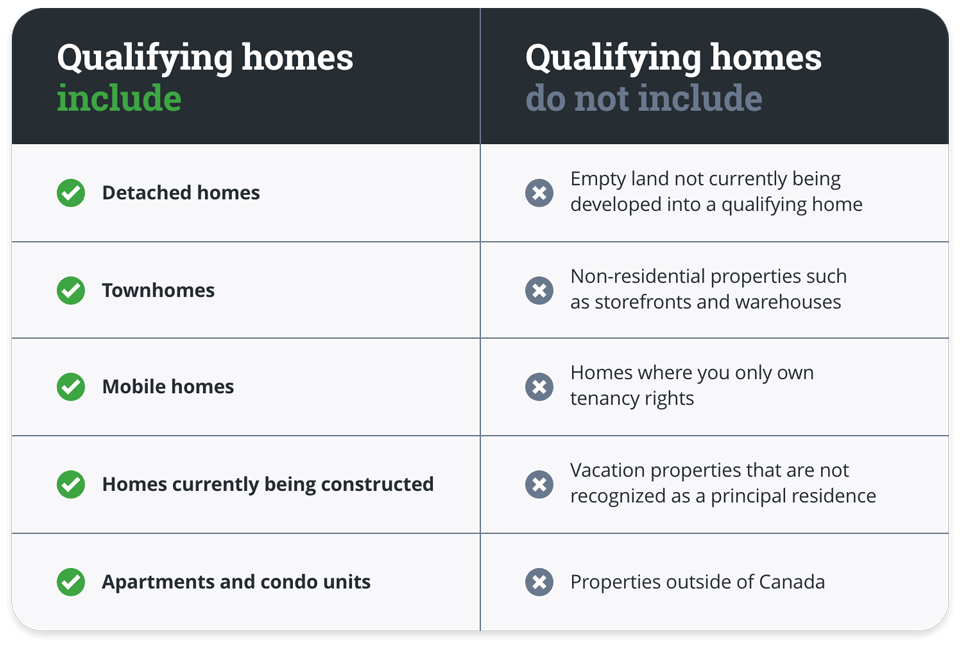The First Home Savings Account is a great investment tool that is designed to empower Canadians to become homeowners. However, not everyone’s situation is the same, and you may find yourself running into some gray areas with how to handle your FHSA.
We’ve got you covered.
Please note: The information provided in this article is based on the draft legislation from the government of Canada in November 2022 and may be subject to change. The information in this article is for educational purposes only and should not be used or construed as financial, investment, or tax advice by any individual.

